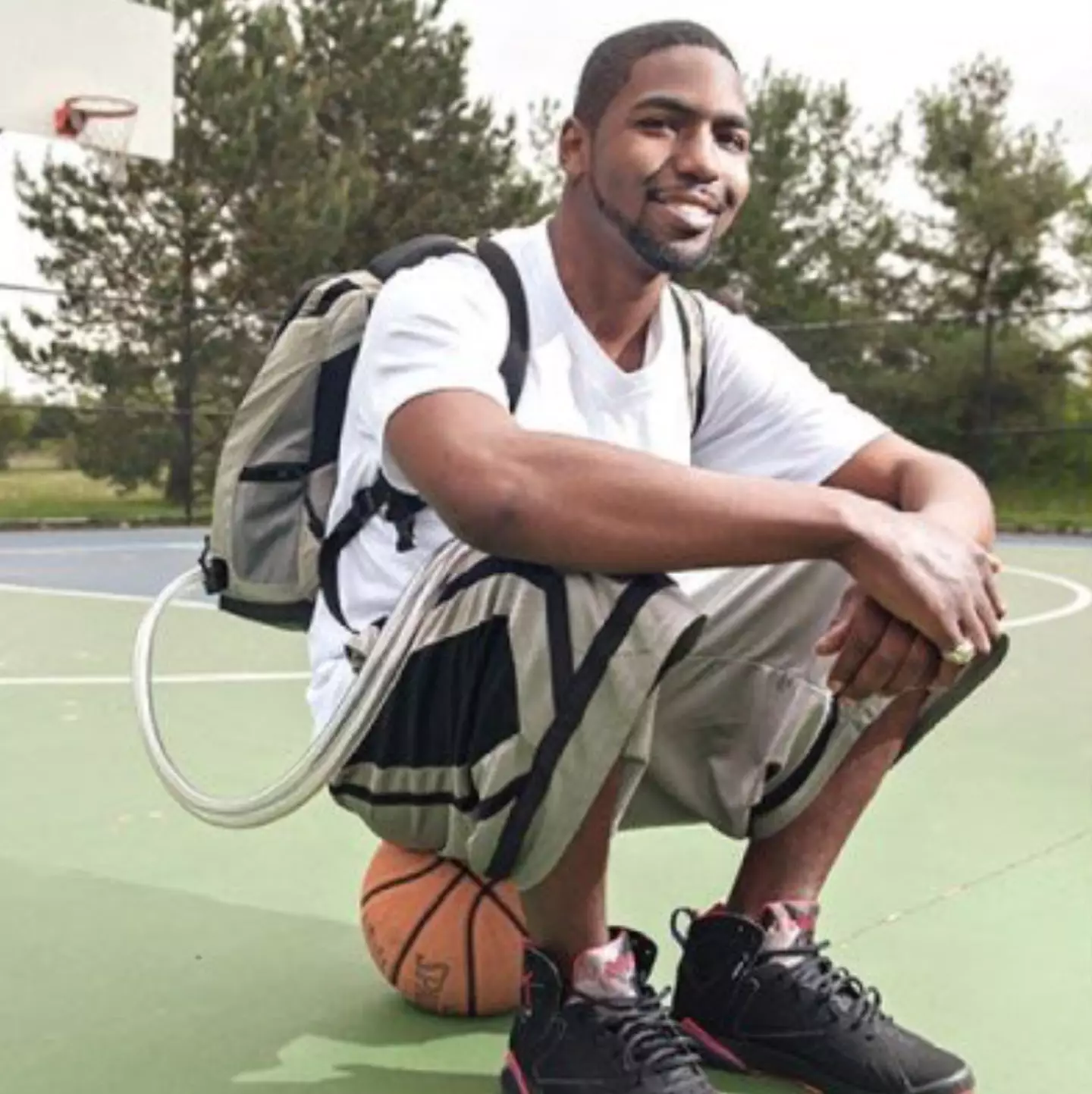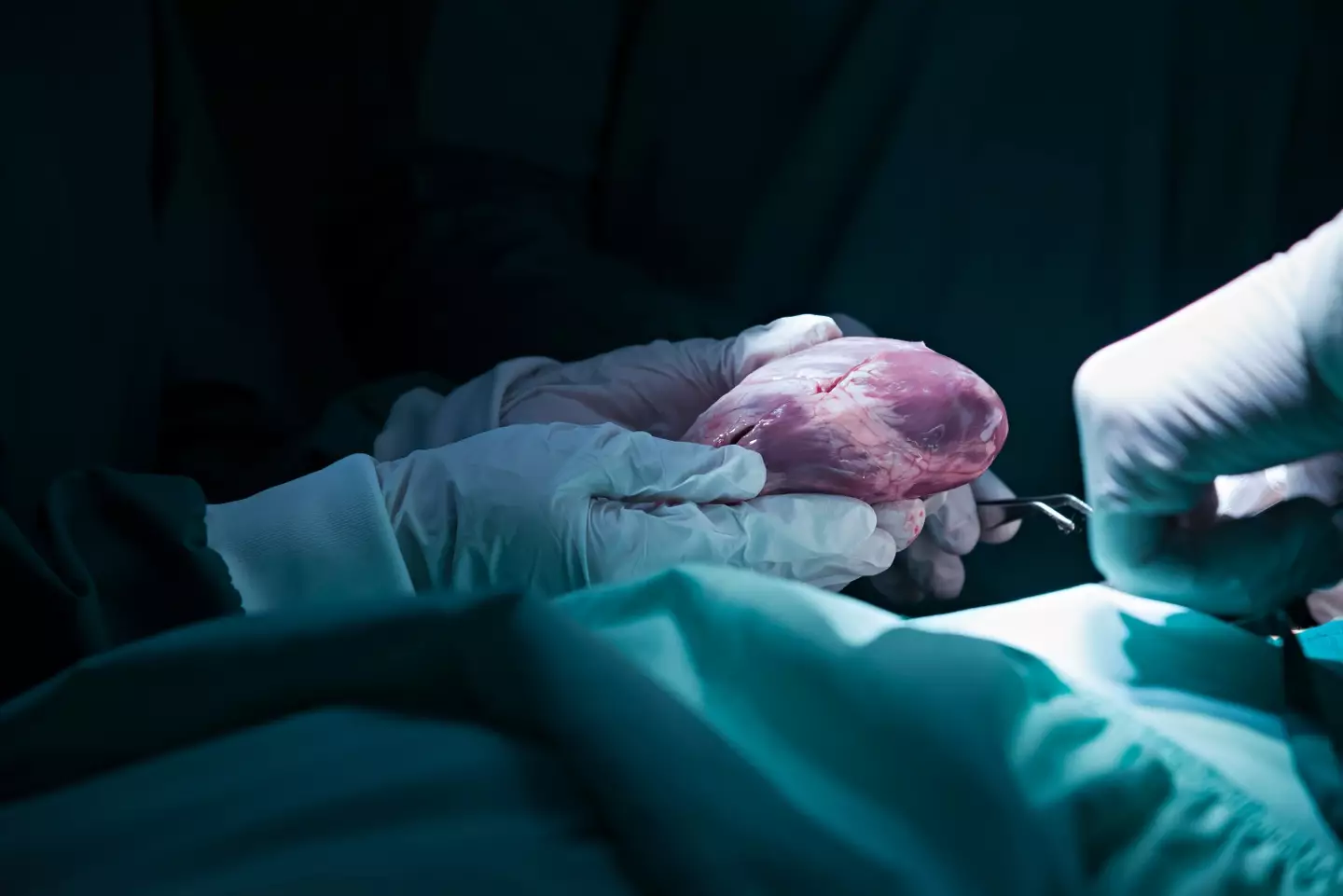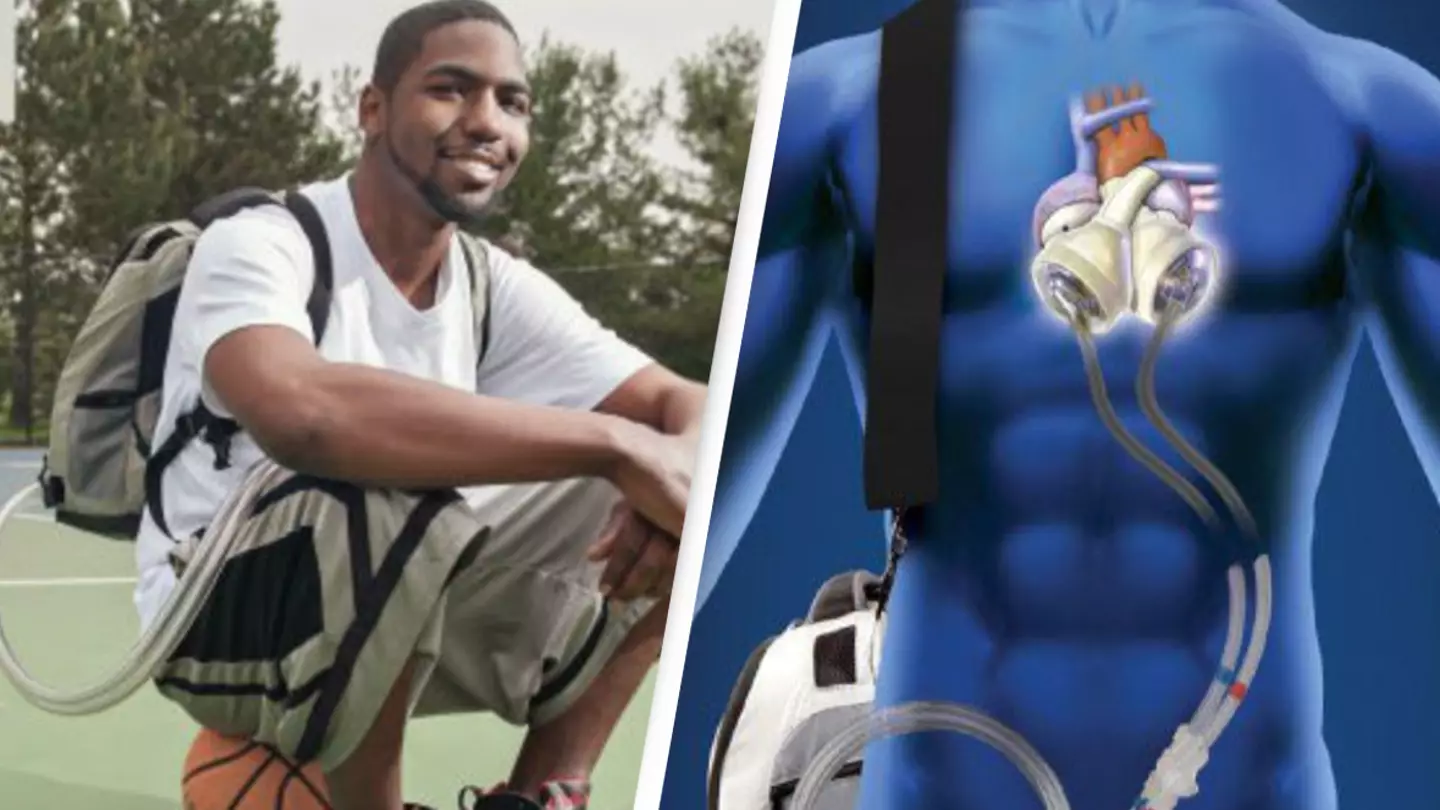Imagine carrying your heart in a backpack! For Stan Larkin, this was his reality for a staggering 555 days. Most people pack their backpacks with items like laptops or notebooks, but for Stan, his contained something far more vital – a temporary artificial heart.
While waiting for a human heart transplant, Stan astonishingly lived over a year without his natural heart. To the casual observer, this Michigan native seemed just like any other young, active adult. Despite his unusual circumstances, Stan didn’t let it hold him back from enjoying life with his three children and even playing basketball, all while carrying his life-saving backpack.
The grey backpack that Stan carried everywhere contained the power source for the artificial heart that pumped blood throughout his body. After having his heart removed in November 2014, Stan was equipped with a device that allowed him to remain out of the hospital while he awaited a transplant. This incredible journey ended in May 2016, when he received a heart transplant at the University of Michigan Frankel Cardiovascular Center.
“Most people would be scared to go so long with [an artificial heart], but I just want to tell them that you have to go through the fear, because it helps you,” Stan explained in an interview with CNN shortly after his surgery. “I’m going home so fast after the transplant because it helped me stay healthy before the transplant.”

The wait for a heart transplant can be excrucially long and, according to Dr. Billy Cohn, a cardiovascular surgeon, many patients have severely weakened hearts that risk the failure of other critical organs during the wait. “Many of these patients would die without some form of support,” Dr. Cohn noted.
Stan needed the transplant due to familial cardiomyopathy, a genetic heart disease he was unaware of until he collapsed during a basketball game in 2007. Familial cardiomyopathy is described by the Division of Cardiology as a disorder where the heart is enlarged and weak, impacting its ability to pump effectively.

Dr. Jonathan Haft, the surgeon who performed Stan’s transplant, commented that the type of cardiomyopathy Stan suffered from can cause arrhythmias and failures in both sides of the heart.

